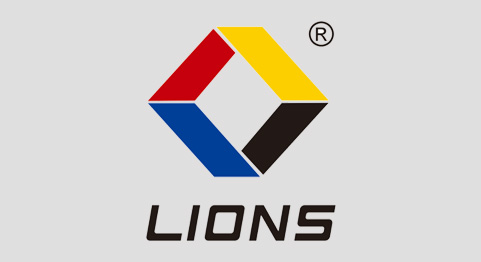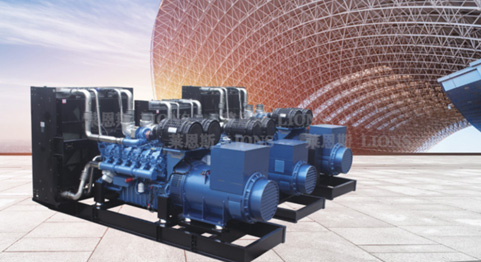Will federal clean Power standards become reality?
2021-08-19
For more than a year, the topic of the energy transition has been at the center of the energy news flow, and it still is. However, there are various ways to achieve net zero. A tax on carbon emissions to incentivise companies to cut emissions and clean up production is one of the main ways to achieve net zero. Recently, however, another approach has emerged that some people think will better deal with carbon emissions.
So far, Democrats in Congress have introduced two bills that focus on what a clean power standard should be. Essentially, it is a system that punishes fossil fuel companies and rewards renewable energy companies. The ultimate goal of both bills is to establish a trading system for carbon credits.
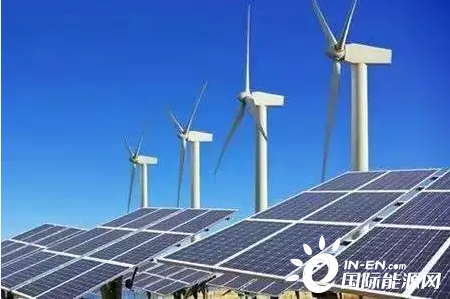
In July, more than 75 major U.S. companies wrote in a letter to Congress: "A clean grid is critical to achieving emissions reductions in sectors other than the power sector. The electrification of transportation, construction and industrial sectors is a key way for the United States to achieve net zero emissions in the future. Overall, clean electricity and electrification could reduce carbon pollution by 75 percent across the economy."
The heavyweights, including Google (GOOG), General Motors (GM) and Tesla, were organized by the Environmental Defense Fund. They point out that the power generation sector, which accounts for one-third of the country's carbon dioxide emissions and half of its natural gas use, is not environmentally sustainable.
"By enacting federal clean power standards now, Congress and the president can spur a strong economic recovery, create millions of good-paying jobs, and provide the infrastructure necessary to build a strong, fairer, and more inclusive American economy for the next century," the companies wrote.
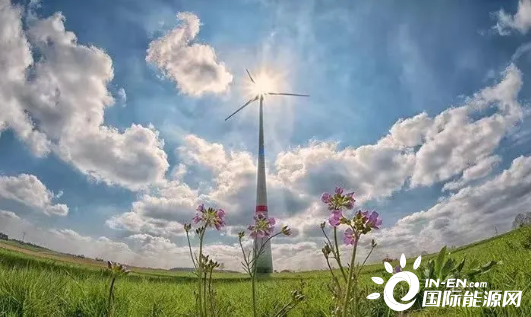
Job creation is one of the main pillars of achieving clean electricity standards. Because the standard requires a rapid expansion of solar and wind capacity, supporters say it will create jobs that more than offset the jobs lost in the oil and gas industry.
Last year, the authors of a Princeton study wrote: "In the 2020s alone, net zero emissions initiatives created about half a million to one million new energy jobs across the country, with the number of jobs increasing in almost every state. The widespread use of wind and solar energy will undoubtedly create more jobs. "In almost every state, jobs in the clean energy sector have been added in construction and manufacturing, more than offsetting jobs lost in fossil mining."
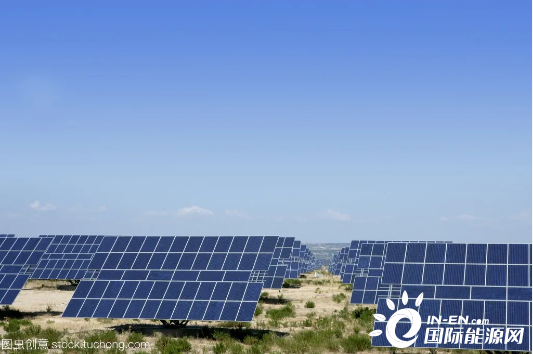
However, the longevity of these jobs is questionable. Because once a solar or wind farm is finished, only a few people are needed to maintain it. But that doesn't seem to matter. The point is to cut emissions as quickly as possible.
If successful, millions of lives could be saved from air pollution. Interestingly, in the past few years, air pollution, which has a direct impact on human health, has been taken off the agenda, with carbon emissions and the climate now dominating the agenda. Today, it's being mentioned again, with clean power standards expected to save 9,200 lives by 2030, rising to 317,500 over the next 30 years.
For now, the prospects for a clean energy standard becoming law seem relatively remote. As Vox's Rebecca Leber noted in a recent article on the topic, not only would Republicans oppose such an initiative, but some moderate Democrats might oppose it in the same way that they oppose the Biden administration's ideas on the energy transition.
So far, Democrats in Congress have introduced two bills that focus on what a clean power standard should be. Essentially, it is a system that punishes fossil fuel companies and rewards renewable energy companies. The ultimate goal of both bills is to establish a trading system for carbon credits.

In July, more than 75 major U.S. companies wrote in a letter to Congress: "A clean grid is critical to achieving emissions reductions in sectors other than the power sector. The electrification of transportation, construction and industrial sectors is a key way for the United States to achieve net zero emissions in the future. Overall, clean electricity and electrification could reduce carbon pollution by 75 percent across the economy."
The heavyweights, including Google (GOOG), General Motors (GM) and Tesla, were organized by the Environmental Defense Fund. They point out that the power generation sector, which accounts for one-third of the country's carbon dioxide emissions and half of its natural gas use, is not environmentally sustainable.
"By enacting federal clean power standards now, Congress and the president can spur a strong economic recovery, create millions of good-paying jobs, and provide the infrastructure necessary to build a strong, fairer, and more inclusive American economy for the next century," the companies wrote.

Job creation is one of the main pillars of achieving clean electricity standards. Because the standard requires a rapid expansion of solar and wind capacity, supporters say it will create jobs that more than offset the jobs lost in the oil and gas industry.
Last year, the authors of a Princeton study wrote: "In the 2020s alone, net zero emissions initiatives created about half a million to one million new energy jobs across the country, with the number of jobs increasing in almost every state. The widespread use of wind and solar energy will undoubtedly create more jobs. "In almost every state, jobs in the clean energy sector have been added in construction and manufacturing, more than offsetting jobs lost in fossil mining."

However, the longevity of these jobs is questionable. Because once a solar or wind farm is finished, only a few people are needed to maintain it. But that doesn't seem to matter. The point is to cut emissions as quickly as possible.
If successful, millions of lives could be saved from air pollution. Interestingly, in the past few years, air pollution, which has a direct impact on human health, has been taken off the agenda, with carbon emissions and the climate now dominating the agenda. Today, it's being mentioned again, with clean power standards expected to save 9,200 lives by 2030, rising to 317,500 over the next 30 years.
For now, the prospects for a clean energy standard becoming law seem relatively remote. As Vox's Rebecca Leber noted in a recent article on the topic, not only would Republicans oppose such an initiative, but some moderate Democrats might oppose it in the same way that they oppose the Biden administration's ideas on the energy transition.
Source: International Energy Network


